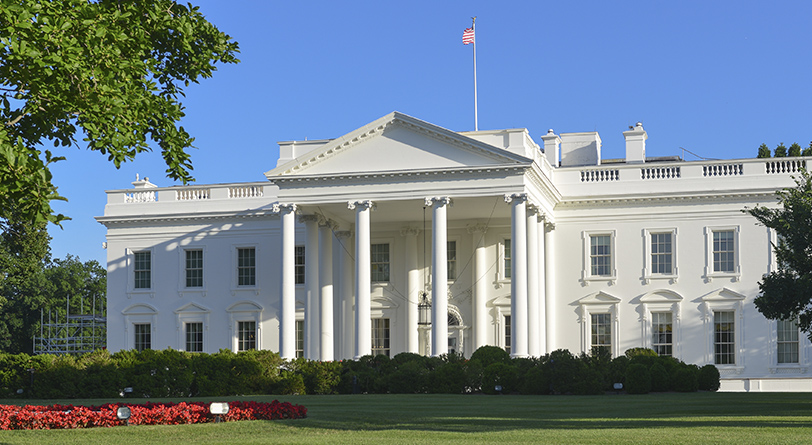President Joe Biden’s administration continues to promote plans to use biotechnology and biomanufacturing to develop sustainable alternatives across industries, including fuels, medicines, and plastics, with plastics being largely displaced by 2043.
The administration says it wants to “catalyze action inside and outside of government to advance American biotechnology and biomanufacturing,” according to a fact sheet on the White House website. The administration defines biomanufacturing as using biological systems to produce goods and services at a commercial scale.
“These innovations can unlock new solutions in health, climate change, energy, food security, agriculture, supply chain resilience, and national and economic security,” said the announcement, adding that the effort is a continuation of an executive order that Biden signed in September.
The announcement in late March refers to a report from the White House Office of Science and Technology Policy titled “Bold Goals for U.S. Biotechnology and Biomanufacturing: Harnessing Research and Development to Further Societal Goals.” The 64-page report outlines the various initiatives.
The report mentions packaging at least three times, including a section called “Bold Goals Explored.”
“Expand upon biorefinery technologies to efficiently break down biomass into its components (e.g., lignin, hemicellulose, and cellulose); to convert lignin and hemicellulose into plastics, adhesives, and low-energy building materials; and to convert cellulose fiber into nanomaterials and cellulose derivatives for fibers, coatings, renewable packaging, and other products,” the report said.
Under the goals for reducing food waste, the report said, the goal is to “bolster research into methods, products, and tools that prevent or reduce food loss from spoilage, pests, mold, and inadequate climate control, including sustainable, user-friendly, and biodegradable packaging and biobased coatings that extend product freshness and shelf life.”
A section on “Affordability, Equitable Access, and Consumer Protection” also mentions packaging. “Expand research into consumer perception, preference, acceptance, and adoption of alternative packaging, biobased products, biofuels, and foods developed with biotechnology and biomanufacturing,” according to the report.
The word “plastic” or “plastics” is mentioned at least 20 times in the report from the White House Office of Science and Technology Policy.
“The world is on the cusp of an industrial revolution fueled by biotechnology and biomanufacturing,” the report said in its introduction. “Emerging biological technologies are and will continue to transform the foundation of our physical world—everything from clothing, to plastics, to fuels, to concrete. Through biomanufacturing, sustainable biomass across the United States can be converted into new products and provide an alternative to petroleum-based production for chemicals, medicines, fuels, materials, and more.”
The effort is part of the administration’s goal of achieving net-zero greenhouse gas emissions by 2050, according to the report. In 20 years, the report said, the administration wants to “demonstrate and deploy cost-effective and sustainable routes to convert bio-based feedstocks into recyclable-by-design polymers that can displace more than 90% of today’s plastics and other commercial polymers at scale.”
The announcement also reviews plans to establish biomanufacturing priorities for the Department of Defense (DoD) and assess the economic value of the nation’s bioeconomy. The initiative is being pursued by agencies across the federal government, including the DoD, Department of Energy, Department of Agriculture, Department of Commerce, Department of Health and Human Services, and the National Science Foundation. The intent is for the federal government to take the lead and then have private businesses pursue their own initiatives, according to the report.
Thomas A. Barstow is senior editor of FlexPack VOICE®.
